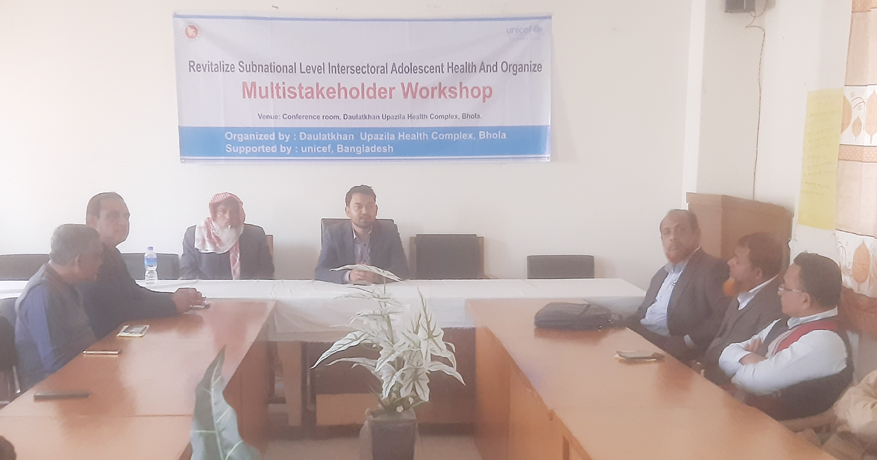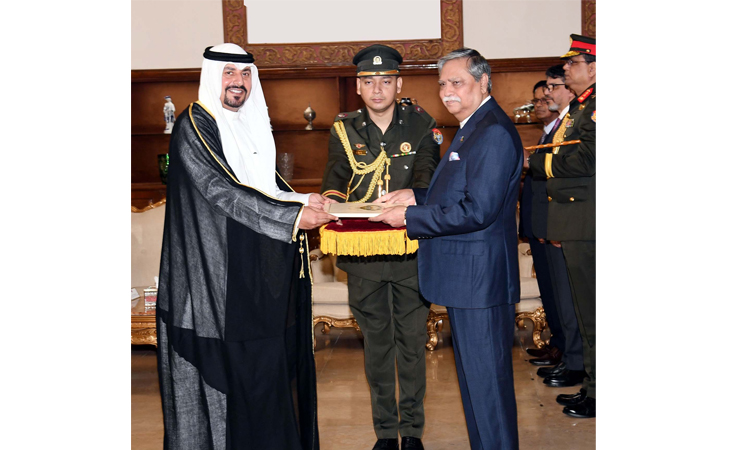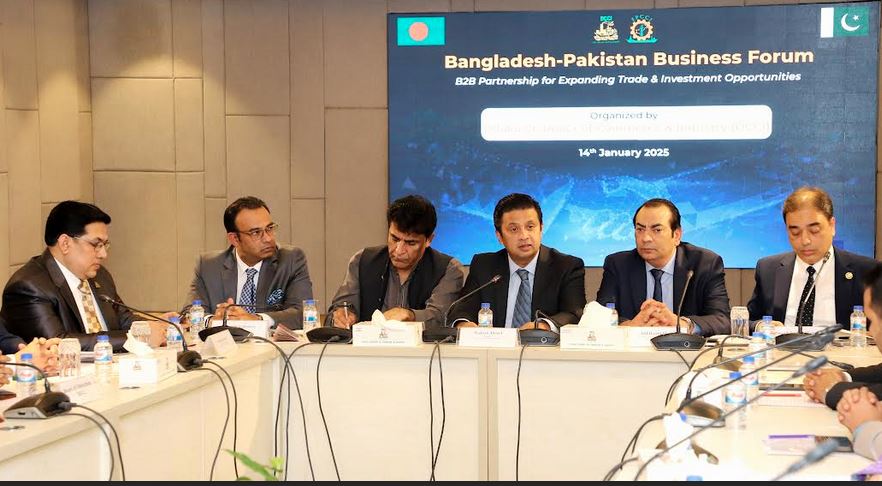
MA Mannan, Bhola: A workshop on Adolescent Health Management was held at Daulatkhan in Bhola. The workshop was organized by the Upazila Health Complex and supported by UNICEF.
Yesterday at 11 is this workshop was held in the conference room of Daulatkhan Upazila Health Complex.
The workshop was attended by invited stakeholders including medical officers, secondary school head teachers, social workers, statistician, and health inspector.
At this time, Doctor Anisur Rahman read the research paper combining the information of the health department. He said, according to the World Adolescent Health Organization-2018, the number of adolescents aged 10-19 years in the world was 1.2 billion, which is 1/6 of the world’s total population. Worldwide, 1.1 million adolescent girls aged 10-19 died in 2016 (an average of more than 3,000 per day) from preventable or treatable causes.
He added that the global causes of adolescent deaths include unintentional injuries, violence, sexual and reproductive health problems, infectious diseases, malnutrition, drug addiction and suicide. Additionally, all over the world, boys have higher rates of morbidity and mortality from injuries, including accidents and suicide, while girls have higher rates of morbidity, abuse and mortality from sexual behaviour.
At least 39% of girls aged 15-19 in the world’s least developed countries are married before age 18 and at least 12% before age 15.
Adolescent pregnancy and childbirth are the leading causes of maternal mortality among 15-19 year olds with 99% occurring in developing and underdeveloped countries. About 21 million teenage girls aged 15-19 in the developing world become pregnant each year. 50% of these are unintended pregnancies leading to septic abortions and 12 million stillbirths.
During this time, he described the situation of tolerance during adolescence in Bangladesh. He said, according to The Violence against Women Survey-2015, 42.8% and 28.4% of married girls aged 15-19 years have been subjected to physical or sexual violence or torture in their lifetime and in the last 12 months, respectively.
30.9% and 11.2% of singles of the same age had experienced physical abuse in their lifetime and in the past 12 months, respectively.
3.4% and 3.1% of unmarried girls of the same age had been sexually assaulted in lifetime and in the past 12 months, respectively.
At the end of the workshop, Dr. Anisur Rahman said, if a class can be held for health care or health education in a specific class in schools every week, it is very good. Or at the end of each class, if possible, the teacher talks a little about moral values and can also talk about health education or health care, its better. She also said that female teachers can talk about how girls can keep themselves qualitatively clean during the menstrual period and manage it well, it is nothing but very well.







